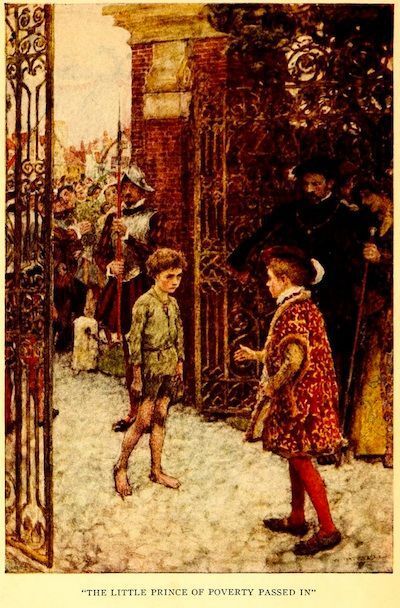Tumbling Statues
Digging Deeper:
Facing the Issues #1 TUMBLING STATUES
During the summer of 2020 demonstrations in support of the Black Lives Matter movement raised the issue of how we as a society remember people and events from the past which in modern eyes are now controversial. The key to this was the toppling of the statue to Edward Coulston and its unceremonious dumping in Bristol harbour.
Andrew introduces the reflection with memories of seeing Coulston’s memorial in All Saint’s church, the home of the Bristol Diocesan Board of Education.
Can you think of other people who have been memorialised by statues who might be considered to be controversial? Cecil Rhodes is remembered by a statue at Oriel College in Oxford, home to the ‘Rhodes scholars.’ He was an imperialist who named a country after himself, ‘Rhodesia’, modern day Zimbabwe. Or Air Vice Marshal ‘Bomber’ Harris, whose statue outside St. Clement le Dane in London is frequently covered in red paint because of his policy of the saturation bombing of civilian areas of Germany during world war two. Or, even, Britain’s first woman Prime Minister, Margaret Thatcher, who remains a divisive figure in modern politics and whose home town of Grantham is wracked by debate at the moment. What is your view of these or other people who might be considered controversial?
How we ‘remember’ and ‘memorialise’ is therefore important. In Hebrew, the word ‘zebek’ means remembrance/memory and in both the Old Testament and New there is a call to remember how God’s grace and action had lasting effect.
You can read the story of the Passover remembered in Exodus 13. v 2-10.
You can read the story of the Last Supper in the gospel of Luke 22 v.1-2, 7-20.
You can read the story of the woman who pours oil upon Jesus here in Matthew 26 v.6-13
So, as Christians we are actually called to remember what God’s grace has done for the good of the world.
What then are the issues we face here? You can dig deeper:
You may like to listen to David Olosuga, historian and broadcaster discuss the toppling of the statue and its significance on Desert Island Dics on BBC Sounds.
Slavery was an accepted part of life in Jesus’ day. What was extraordinary was that enslaved people were welcomed and seen as equals before God as members of the Early Church. Read again Paul’s letter to Philemon.
Find out more about modern slavery: www.antislavery.org
Context is vitally important. The National Trust got into hot water by highlighting the fact that 93 of its home have direct links to the slave trade. You can read the report by searching for: Colonialism and historic slavery report | National Trust.



